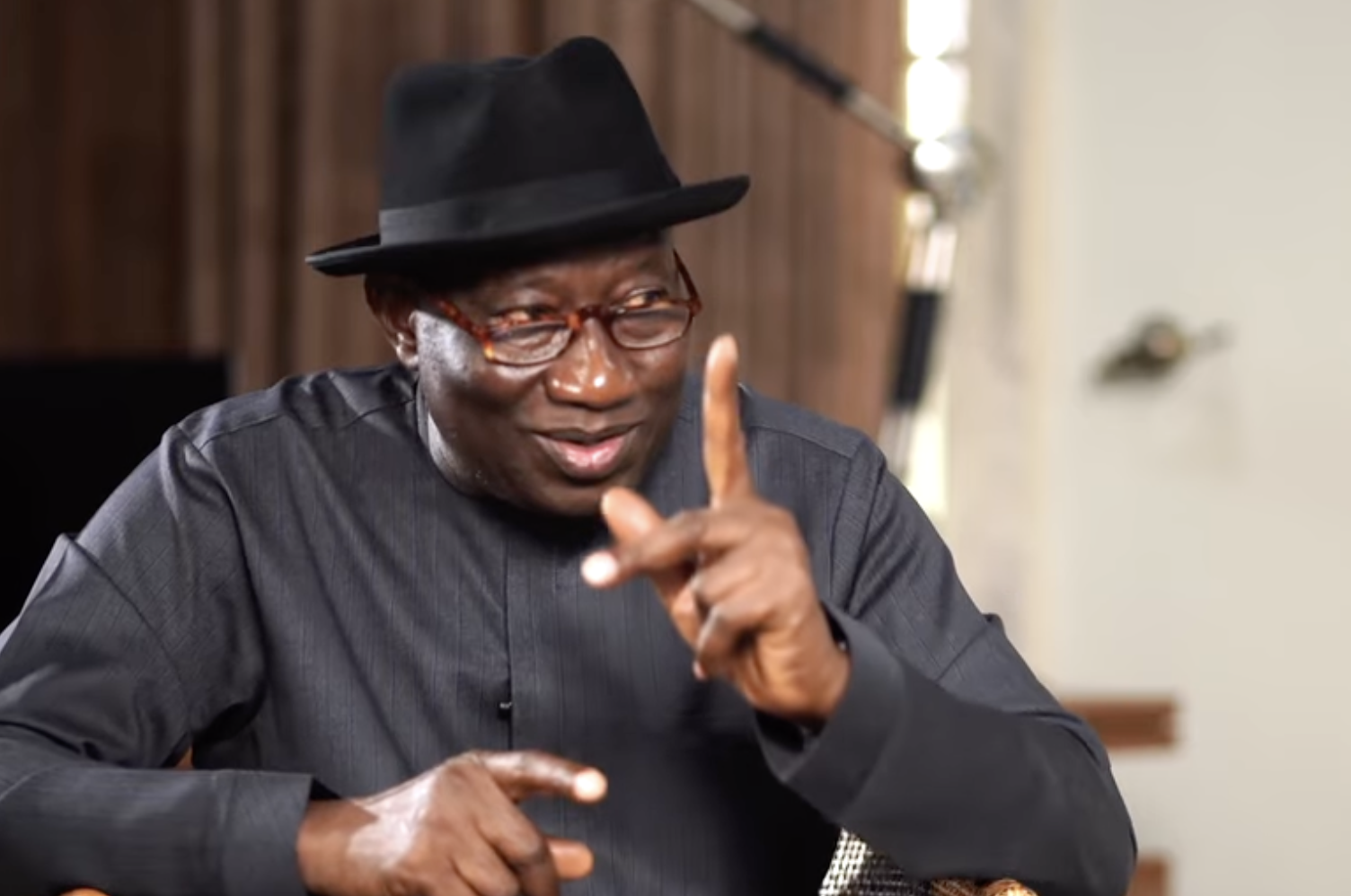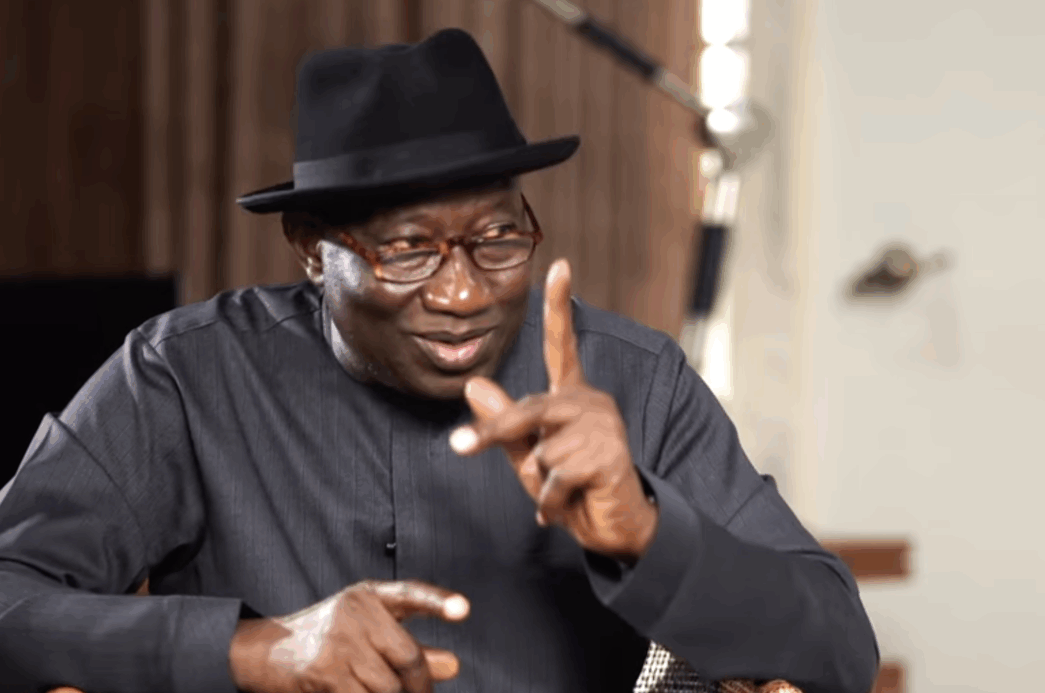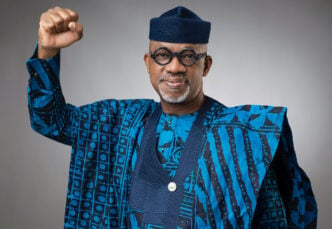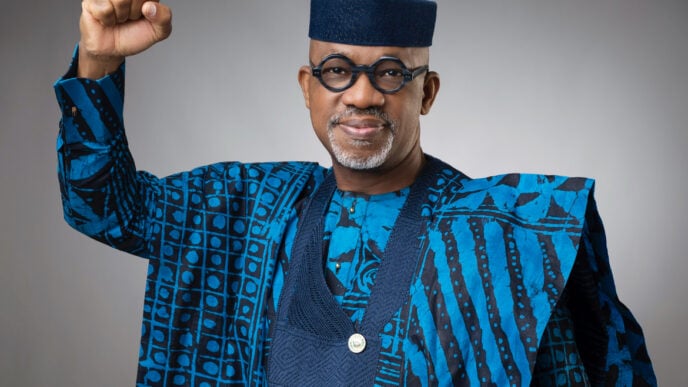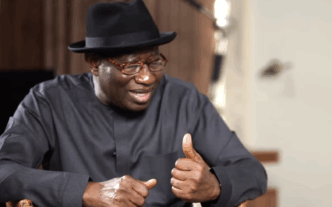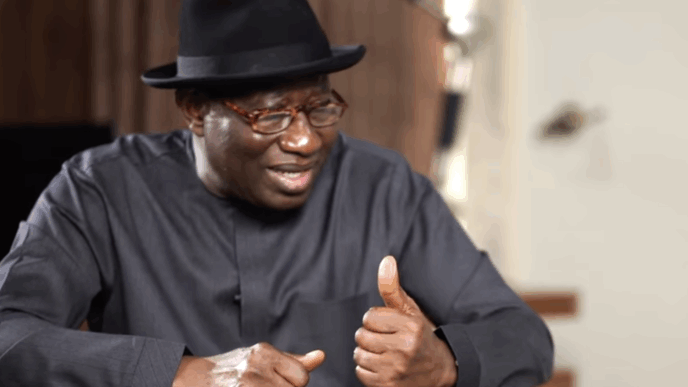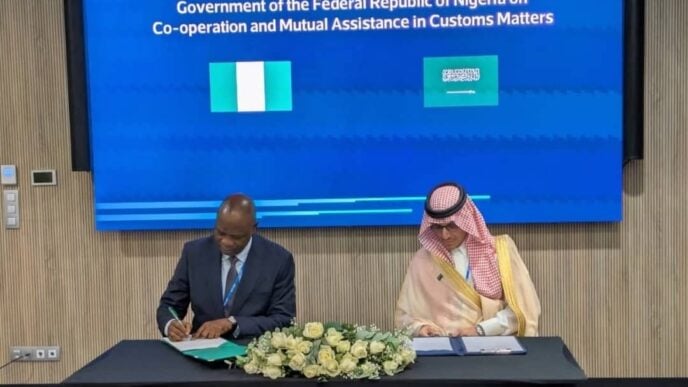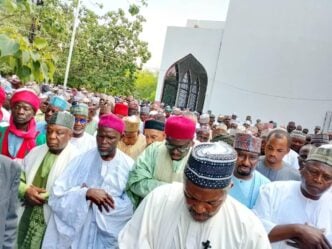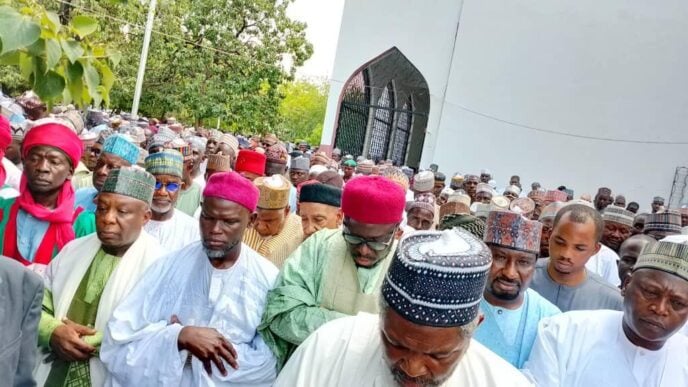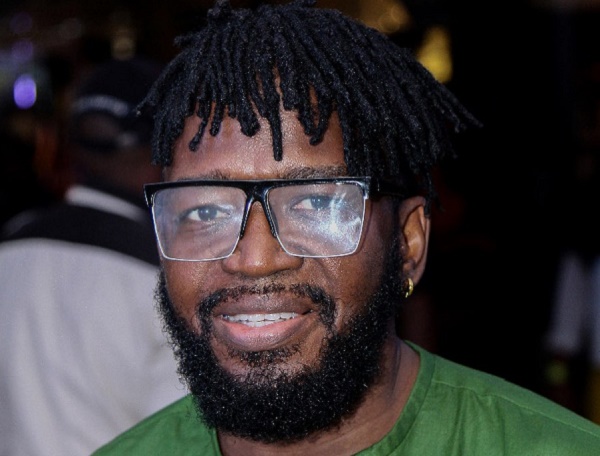Goodluck Jonathan
Former President Goodluck Jonathan says late President Umaru Musa Yar’Adua did sign a letter empowering him to act in his absence during his prolonged illness, but the document was never submitted to the national assembly.
At the time, Yar’Adua’s protracted absence from office, without formally transferring power, plunged Nigeria into a political vacuum.
Speaking in an interview with the Rainbow Book Club about his memoir My Transition Hours, Jonathan described the period as one of the most turbulent in Nigeria’s democratic history, marked by ethnic and religious tensions and a constitutional crisis.
He said the power struggle intensified after Yar’Adua, a northern Muslim, took over from Olusegun Obasanjo, a southern Christian, and there was a silent agreement for the north to retain power for eight years before it rotated again.
Advertisement
“But the health issue came up, and that was the problem. And that is why even to allow me to act was an issue,” he said.
Jonathan, who was vice-president, found himself caught in a constitutional dilemma — unable to act fully as president or exercise the powers of commander-in-chief.
“That letter was written. But the person who the letter was handed over to — I will not mention the name — refused to submit it to the national assembly. Yar’Adua became so ill that he had no control of issues,” Jonathan said.
Advertisement
‘DOCTRINE OF NECESSITY SAVED NIGERIA’
Jonathan said although he could carry out certain executive duties as vice-president, he could not assume the role of commander-in-chief without a formal transfer of power.
“The president of Nigeria has two main responsibilities. First, you are the chief executive, like a prime minister — that the vice president can assume,” he said.
“But there was no commander-in-chief, and there’s nothing like acting commander-in-chief. You are either a commander-in-chief or not.”
Advertisement
Jonathan said the lack of a clear transfer of authority left Nigeria in a constitutional limbo, prompting the national assembly to invoke the doctrine of necessity to make him acting president.
According to him, the country was on edge, and coup rumours became a daily concern.
“The country was tense. Under this north-south divide, Christian-Muslim divide, it was really tense. Every day I was hearing about coup,” he said.
‘BETTER TO DIE IN STATE HOUSE’
Advertisement
He said during that time, some friends urged him to vacate the presidential villa for his safety.
“I remember one day, I was still vice president — they had not even moved the doctrine of necessity — and some of my friends came and said, ‘No, you don’t have to sleep here. You have to come and sleep in my guest house,’” he said.
Advertisement
“I said, ‘No.’ I will stay in the state house. If anybody wants to kill me, it’s better you kill me in the state house so Nigerians will know that they assassinated me in the state house. They know I have not committed any offence.
“If I go and stay in your guest house and people kill me there, they will now say Indian girls brought apple to kill me. And I wouldn’t want that kind of story.”
Advertisement
Despite the pressure, Jonathan said he remained calm and unshaken.
“To me, I was not bothered. Really, I was not bothered. And I was very calm. But that was the scenario,” he said.
Advertisement
